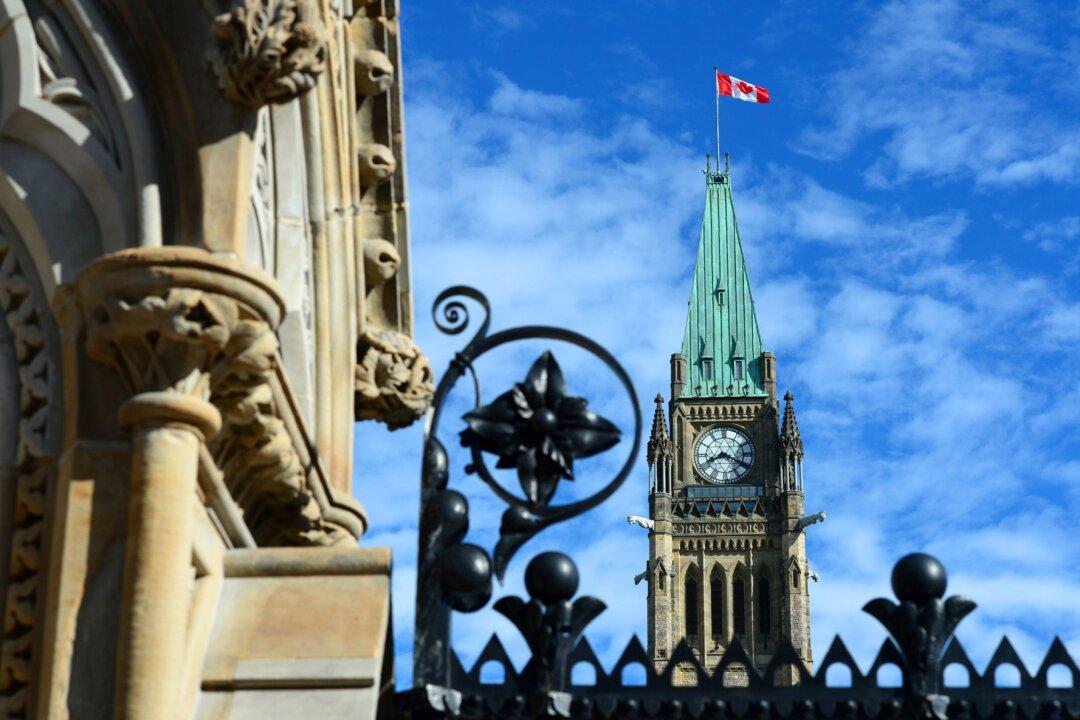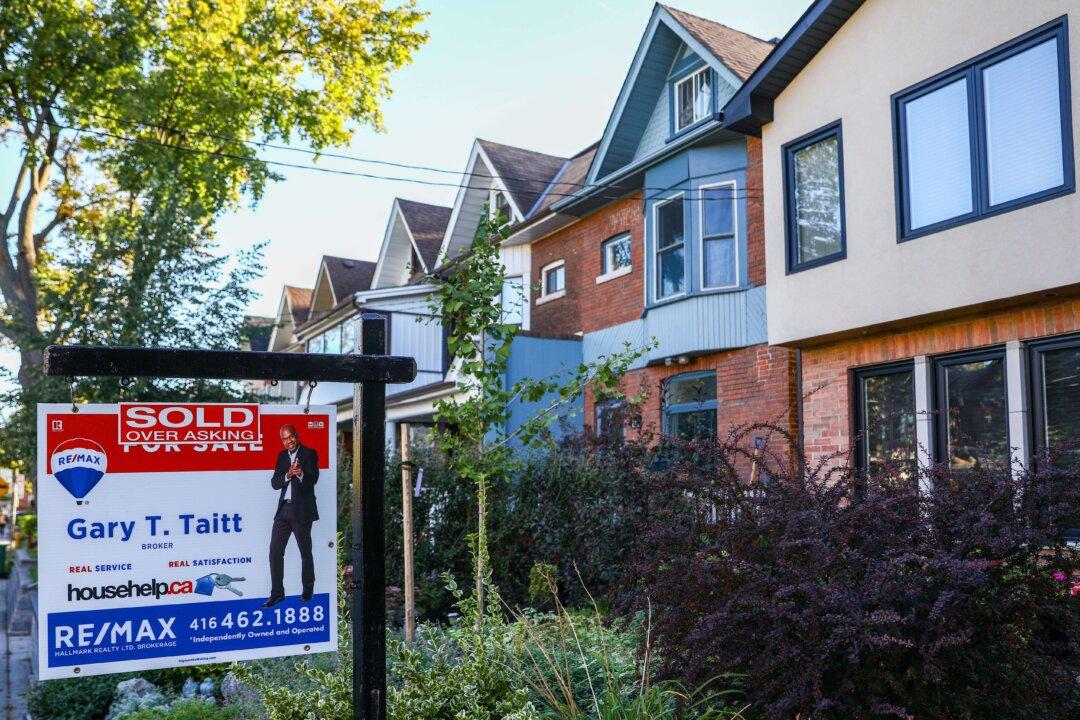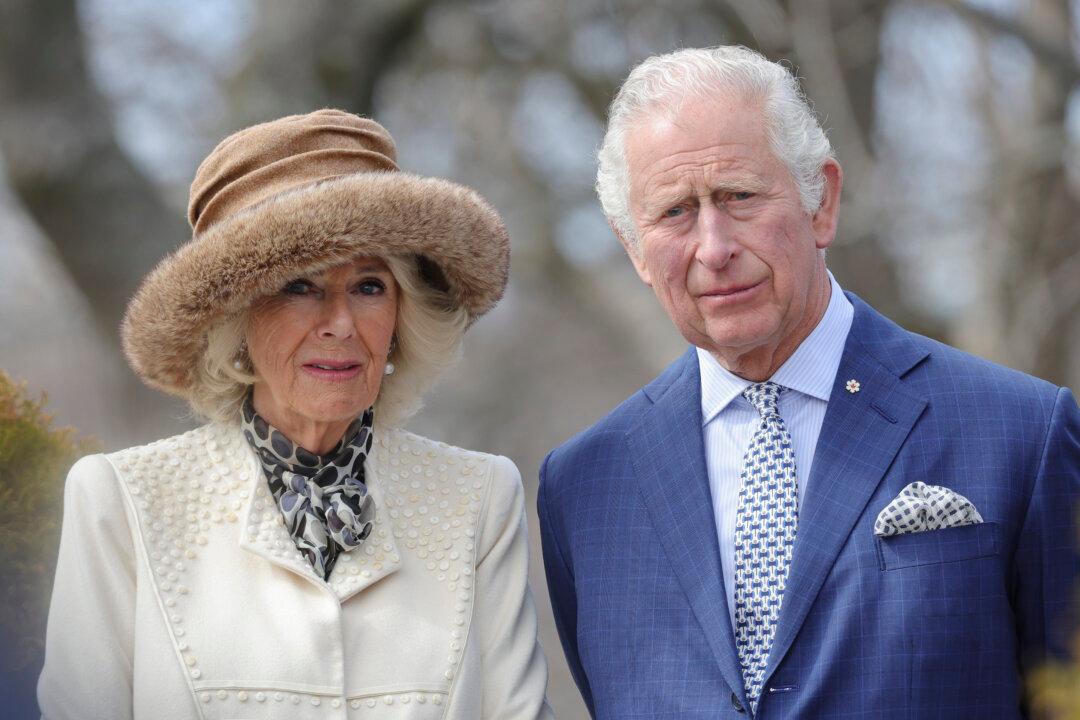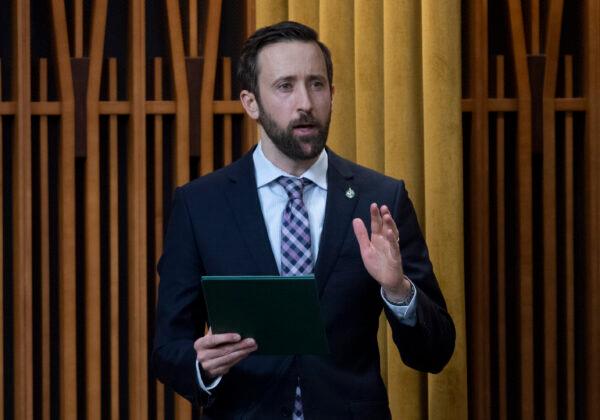Canada’s Parliament is increasingly moving away from forming decisions based on debates, with decisions instead largely dictated by parties or party leaders, says a veteran MP.
A recent report backs up this view, showing the majority of MPs believe that “unhealthy partisanship” has become more prevalent in Parliament, with democratic practices declining, particularly in the areas of MP independence and debates.





